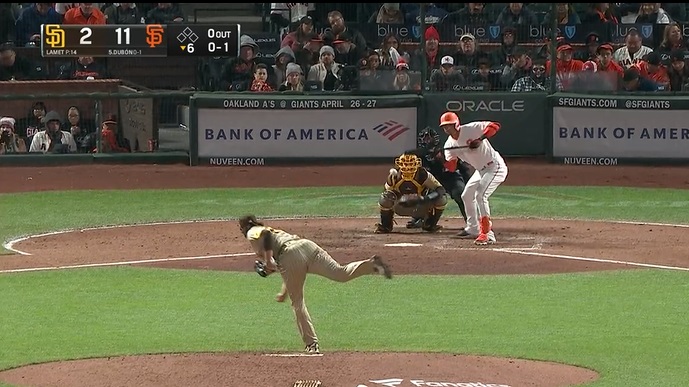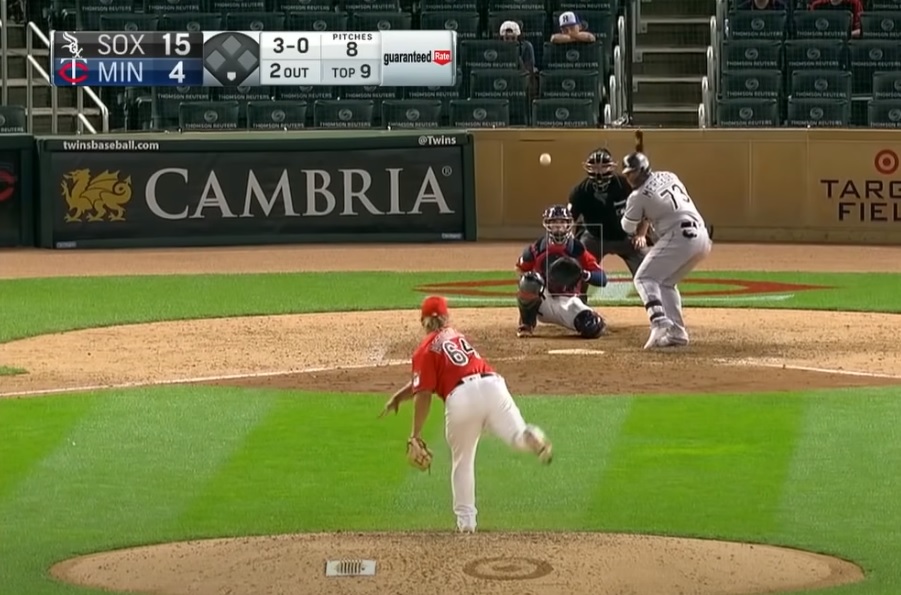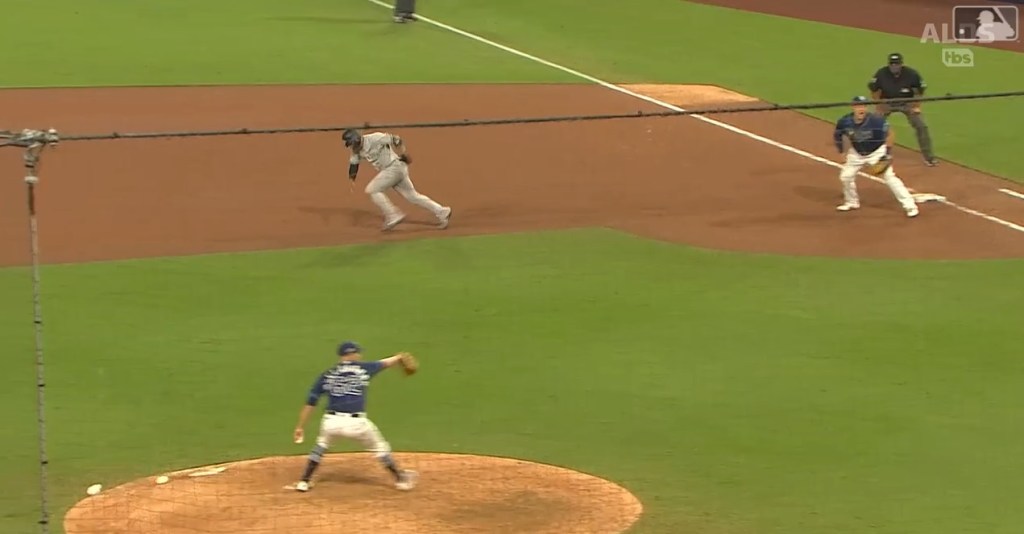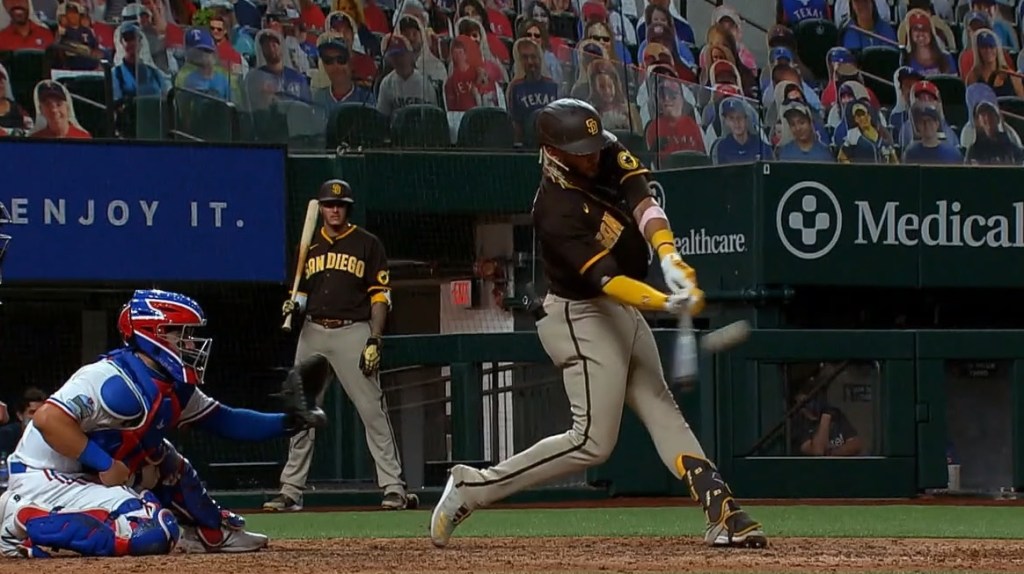
What with all the celebrations on baseball fields over recent years, you’d be excused for thinking that we’ve entered a new era of the sport’s unwritten rules. Turns out you haven’t seen anything yet.
Since The Baseball Codes came out in 2010, I’ve been faithfully documenting the evolution of this part of the sport, which has changed more in the last decade-plus than during any other point in baseball history. Yesterday put a cap on all of it.
In football and basketball, taking one’s foot off the gas late in blowout games means resting the starters. In baseball it means stop trying to score quite so aggressively via bunting or taking extra bases. The topic is so prevalent and contentious (how big a lead is enough? What inning is late enough?) that I devoted the first chapter of The Baseball Codes to it.
Yesterday, Giants manager Kapler addressed the issue and turned the entire paradigm on its head.
The setup: With San Francisco leading the Padres 10-1 in the second inning, Steven Duggar stole second base. With the lead 11-2 in the sixth, Mauricio Dubon bunted for a leadoff single—a play, he told Padres first baseman Eric Hosmer, that was signaled from the dugout.
There is an argument to be made that the second inning is too early to call off the dogs, but by the sixth, with the Padres on their fourth pitcher of the game, things were different.
San Diego was upset. Manager Bob Melvin barked from the dugout. Third base coach Mike Shildt had some words for the Giants, which led to the ejection of first base coach Antoan Richardson. (At least one positive development came from the exchange.)
Phil Garner once told me that during his days as a freewheeling manager, his approach to this kind of situation was simple: “It’s your job to stop me. If you can’t stop me, then I’m playing until I feel comfortable. And if I don’t feel comfortable with a ten-run lead, then by God I’m running.”
Until now, this was a standard response from the don’t-stop-playing camp. Kapler took it to another level.
Kapler, of course, is the famously analytical former player who helms the famously analytical Giants. Which is precisely how he approached this situation. In offering support for Duggar and Dubon, the manager laid it out for reporters after the game.
“Our goal is not exclusively to win one game in a series, it’s to try to win the entire series,” he said. “Sometimes that means trying to get a little deeper into the opposition’s pen. I understand that many teams don’t love that strategy, and I get why. It’s something we talked about as a club before the season. We were comfortable going forward with that strategy. It’s not to be disrespectful in any way. It’s because we feel very cool and strategic that it’s the best way to try to win a series. By ‘cool’ I mean calm. We’re not emotional about it. We’re not trying to hurt anybody. We just want to score as many runs as possible, force the other pitcher to throw as many pitches as possible. If other clubs decide that they want to do the same thing to us, we’re not going to have any issue with it.”
Kapler’s sentiments have merit, mostly because he’s right. Baseball is in a different place than it was when he played in the 2000s, which itself was in a different place than when Garner managed the Brewers in the 1990s. If forcing an opponent to burn through a couple extra bullpen arms gives you an advantage tomorrow, well, that’s good strategy. And if the Giants can send their division rival on to its next series with a pitching deficit, that’s even better strategy.
Even as on-field celebrations became the norm, baseball maintained one inviolable aspect of enforcement: Respect. As long as you’re celebrating with your guys and not against their guys, you’re okay. As long as you play with the notion that your opponent is worthy and that, when the tables are turned, you’re content to absorb whatever you’ve just dished out, at least nobody can call you a hypocrite.
Hell, Kapler said as much during his press conference, but there’s more to it than that. He laid out a sound statistical argument that in the modern era, with a revolving door of gas-throwing relievers at the bottom of every staff, running up the score is your best bet to assure long-term success. He also noted that Dubon is playing for a roster spot, and the more he can exhibit a well-rounded offensive repertoire, the better his chances.
You don’t have to agree with any of it, but no matter how one approaches the topic, even sceptics must admit that there’s nothing at all disrespectful about those sentiments. This is just the beginning. Welcome to the new world.





